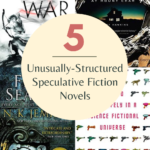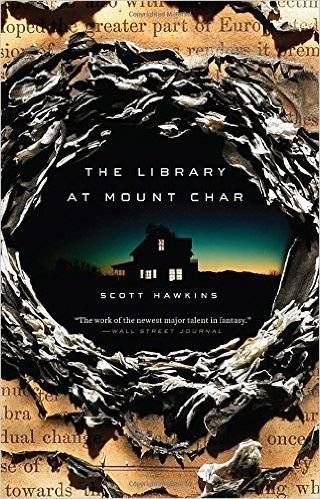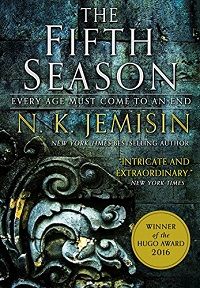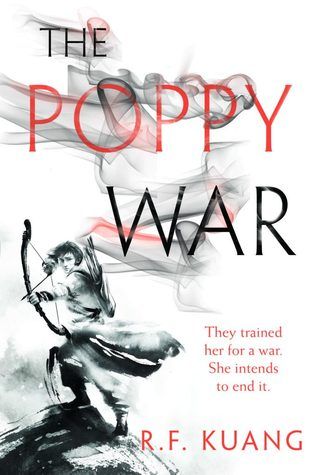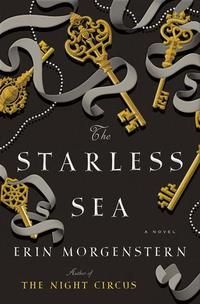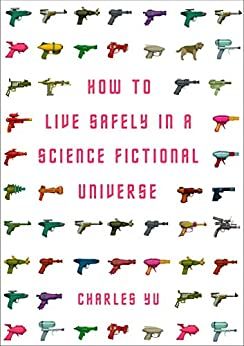After the story’s protagonist completes her traditional hero’s journey, there’s yet another twist — essentially a fourth act to the story that feels like a prolonged afterward, and completely pivots the novel’s significance another, final time. This story is mind-bendy in several ways, but the structure on its own is enough to keep readers enticingly off kilter. This is one of many ways in which this novel is sure to stretch and challenge its readers that makes it stand out as beyond the norm. The result is a highly rewarding journey that offers an extremely detailed, rich fantasy world, and a feeling that you’ve been weighed down by the journey, evoking a small dose of what Rin herself has suffered on her way from small town orphan to student in training to jaded soldier on the battlefield. While the arc does eventually find something akin to a recognizable arc and a protagonist to wind around, it is in fact much more theme and motif than actual plot. Because it’s done so masterfully, it gives the novel a satisfyingly dreamy mood, like you’ve gotten lost in Neverland. It’s hard to exactly describe the experience of reading this novel. When I talk about it to my friends, the best I can do is to say that it tells the story of a time travel machine repairman struggling with the disappearance of this father, and that just as the protagonist lives on the fringes of a science fictional world, so the story itself hovers at the edges of the genre’s tropes and convention, on the outside peering in.
